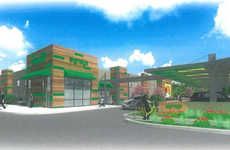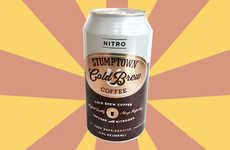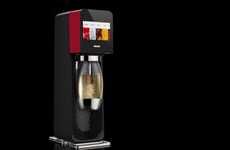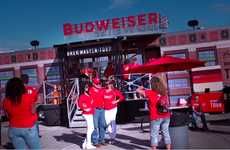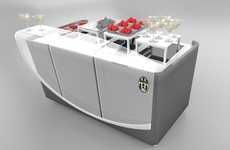



Cycling culture converges with the peer-to-peer economy
Implications - Unique business models linked to the peer-to-peer economy have seen a host of services centered around cyclists emerge as of late. This convergence speaks to the convenience of alternative modes of transportation in ever-expanding urban centers, and is representative of the consumer interest in patronizing businesses with sustainable practices.
Workshop Question - What new business models are emerging in your industry and how could you integrate those into your competitive approach?
Trend Themes
1. Peer-to-peer Bike Delivery Services - The peer-to-peer economy marketplace model for locally sourced products and services has yielded an increase in bike delivery services focused on customer convenience and sustainability, making it easier for consumers to purchase online and support small businesses.
2. Bicycle-powered Mobile Bars - Mobile bars are becoming more common in cities where there is a growing market for low-cost events and on-demand services, with bicycle-powered bars gaining popularity due to their unique and sustainable brand appeal.
3. Sustainable Food Delivery Services - Food delivery services are taking advantage of the sustainable, low-cost and quick delivery benefits of bike transport, allowing smaller businesses to enter the food services industry as well as providing healthy, locally sourced meals for health-conscious consumers.
Industry Implications
1. Transportation - Development of new sustainable transportation models for urban areas and the rise of low-cost delivery services represent new opportunities for businesses in the transportation industry.
2. Hospitality - Incorporating low-cost, sustainable, and unique services such as bicycle-powered mobile bars or restaurant chains with bike delivery can help hospitality businesses differentiate their brand and reach new customers.
3. Food Services - Development of delivery services powered by bikes is becoming increasingly popular in food services, providing an opportunity for food businesses to operate on a small scale but still efficiently distribute orders to customers.







